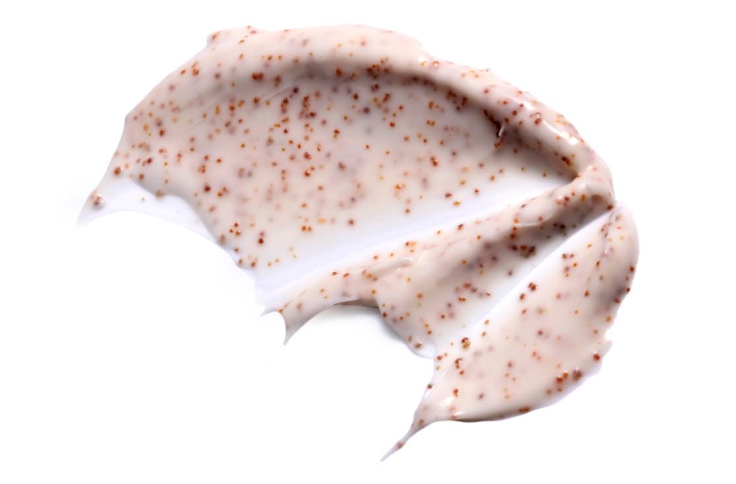Michael Gove promises plastic microbeads will be banned by end of year
Plastic is ingested by 31 species of marine mammals and over 100 species of sea birds each year.

Michael Gove has said the UK government will press ahead with plans to prohibit plastic microbeads after environmental groups have spent years campaigning for a ban.
The decision comes after experts' warning that plastic is ingested by 31 species of marine mammals and over 100 species of sea birds each year.
In recent years, hundreds of companies have added plastic microbeads to cosmetic products, including facial and body scrubs, sunscreens and toothpastes.
One bottle of sunscreen can contain as many as 10 trillion of the plastic nanoparticles. They are added to enhance product performance and designed to be carried away in wastewater.
The European Commission estimates that each year Europe releases nearly 9,000 tonnes of cosmetic microbeads into the ocean.
Ministers have pledged to end the production of microbeads by the start of 2018, with an outright ban on the sale of products containing the nanoparticles by June that year.
The Environment Secretary told the World Wildlife Fund on Friday (21 July) that the "eight million tonnes of plastic" ending up in the world's oceans was putting marine wildlife under "serious threat."
"Last year the government launched a consultation on banning microbeads in personal care products, which have such a devastating effect on marine life," he said. "We are responding to that consultation today and we will introduce legislation to implement that ban later this year.
"But there is more we can do to protect our oceans, so we will explore new methods of reducing the amount of plastic - in particular plastic bottles - entering our seas, improve incentives for reducing waste and litter, and review the penalties available to deal with polluters - all part of a renewed strategy on waste and resources that looks ahead to opportunities outside the EU," he said.
Gove compared the ban of microbeads to the 5p charge on plastic bags which was introduced in 2015. The number of plastic bags used by shoppers in England has plummeted by 83% since the charge came into effect, according to the Department for Environment, Food and Rural Affairs.
"Figures show that policy's enormous success – nine billion fewer carrier bags distributed since the charge was introduced, a fall of 83 per cent," Gove said.
© Copyright IBTimes 2025. All rights reserved.






















